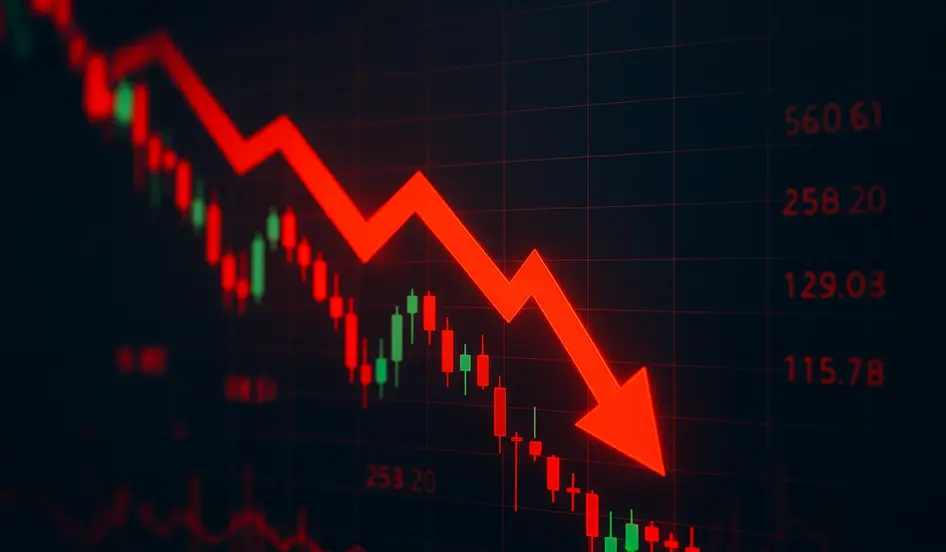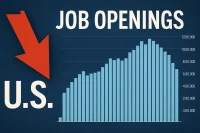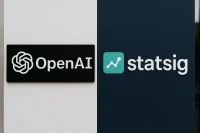Introduction: Uncertainty is “Off the Charts”
In a recent in-depth interview, Harvard professor Carmen Reinhart described the current economic climate as one of unprecedented uncertainty. According to Reinhart, “uncertainty is off the charts,” with global markets, policymakers, and businesses all struggling to navigate a landscape shaped by inflation, geopolitical tensions, and shifting economic fundamentals.
Recession Risks Analysis
Professor Reinhart emphasized that recession risks remain elevated. She pointed to leading indicators such as slowing consumer spending, tightening credit conditions, and persistent inflationary pressures. “The probability of a recession in the next 12 months is significantly higher than in previous cycles,” she warned, citing historical parallels and the lagged effects of monetary tightening.
Federal Reserve Policy Discussion
The Federal Reserve’s response to inflation has been aggressive, with multiple rate hikes over the past year. Reinhart noted, “The Fed is walking a tightrope—balancing the need to control inflation without triggering a deep recession.” She discussed the challenges of policy lags and the risk that the Fed may have to reverse course if economic conditions deteriorate rapidly.
Immigration Impact on Demographics and Growth
Demographic trends are a key concern for long-term growth. Reinhart highlighted the positive impact of immigration on labor force growth and economic dynamism. “Immigration helps offset aging populations and supports productivity,” she explained, while also noting the political and social challenges that can arise from large inflows of migrants.
Debt Concerns: The $3 Trillion Deficit
The U.S. federal deficit has ballooned to over $3 trillion, raising alarms about fiscal sustainability. Reinhart warned, “High and rising debt levels constrain policy options and increase vulnerability to shocks.” She discussed the potential for higher borrowing costs and the risk of a fiscal crisis if markets lose confidence in U.S. debt.
Globalization Trends and De-Globalization
Globalization, once seen as an unstoppable force, is now facing headwinds. Reinhart observed, “We are seeing a shift towards de-globalization, with countries prioritizing resilience and security over efficiency.” She cited examples such as supply chain reshoring, trade barriers, and the fragmentation of global markets.
Emerging Market Risks
Emerging markets are particularly vulnerable in the current environment. Reinhart explained, “Rising interest rates and a strong dollar put pressure on emerging economies with high external debt.” She highlighted recent crises in several countries and warned of contagion risks if global financial conditions tighten further.
Live Example: Argentina’s Economic Struggles
As a live example, Reinhart pointed to Argentina, which is grappling with hyperinflation, currency collapse, and social unrest. “Argentina illustrates the dangers of policy missteps and external shocks,” she said, noting the lessons for other emerging markets facing similar vulnerabilities.
WhatJobs Call to Action
Looking for Stability in Your Career?
At WhatJobs, we help you navigate uncertain times with the latest job opportunities, career advice, and market insights. Explore thousands of jobs and take control of your future today!
Explore Jobs →FAQ
1. What are the main drivers of current economic uncertainty?
Key drivers include inflation, geopolitical tensions, monetary policy shifts, and global supply chain disruptions.
2. How does the Federal Reserve influence recession risks?
The Fed’s interest rate decisions impact borrowing costs, investment, and consumer spending, which in turn affect economic growth and recession risks.
3. Why is the U.S. deficit a concern for the economy?
A large deficit can lead to higher interest rates, reduced fiscal flexibility, and increased risk of a fiscal crisis if investors lose confidence.
4. What can individuals do to protect themselves during economic uncertainty?
Diversifying income sources, staying informed, and seeking stable employment opportunities can help individuals navigate uncertain times.
Conclusion
Professor Carmen Reinhart’s insights underscore the complexity and gravity of today’s economic challenges. While risks are elevated, informed decision-making and proactive adaptation can help individuals and businesses weather the storm. Stay tuned to WhatJobs for the latest updates and expert analysis on the evolving economic landscape.




